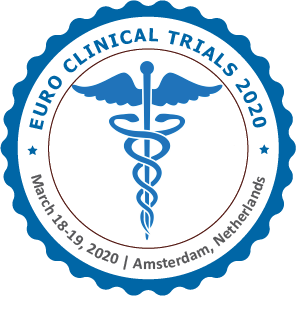
Nabil Nasr
Associate Provost for Academic Affairs & Director, Malaysia
Title: Impact of Health Education Learning Package (HELP) on intestinal parasite infections among Aboriginal school children in Malaysia
Biography
Biography: Nabil Nasr
Abstract
This study was carried out to develop a health education learning package (HELP) about intestinal parasite infections (IPIs), and to evaluate what impact such a package could have in terms of reducing the prevalence and intensity of IP infections among Orang Asli schoolchildren in Peninsular Malaysia. METHODS: To identify the key risk factors of IP in Orang Asli communities, we applied an extensive mixed methods approach which involved an intensive literature review, as well as community-based discussions with children, their parents, teachers and health personnel, whilst also placing the children under direct observation. To evaluate the package, 924 children from 13 schools among 6 States were screened for IP infections, treated by a 3-day course of albendazole and then followed up over next 3 months and 6 months. The knowledge of teachers, parents and children towards IP infections were assessed at baseline and after 3 months. RESULTS: The developed package consists of a half day workshop for teachers, a teacher's guide book to IP infections, posters, a comic book, a music video, a puppet show, drawing activities and an aid kit. The package was well-received with effective contributions being made by teachers, children and their parents. The incidence rates of hookworm infection at different assessment points were significantly lower among children in the intervention school compared to those in the control school. Similarly, the prevalence and intensity of trichuriasis, ascariasis and hookworm infections were found to be significantly lower among children in the HELP group compared to those in the control group (P < 0.05). Moreover, the package significantly improved the knowledge, attitude and practices (KAP) of Orang Asli people and the knowledge of teachers towards IP infections. CONCLUSION: A school-based health education learning package (HELP) was developed which displayed a significant impact in terms of reducing the prevalence and intensity of IP infections. Moreover, the knowledge levels of both teachers and the Orang Asli population regarding IP was significantly improved, a fact which greatly helped in attracting community participation and thus raising the general level of awareness regarding these forms of infections.

